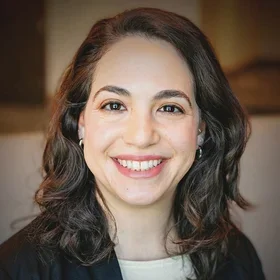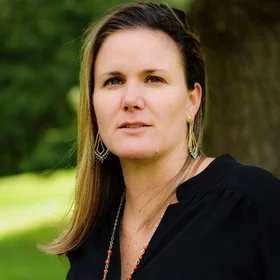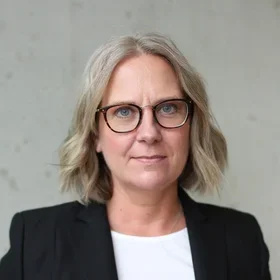With his time as a student in M.S. in Information and Knowledge Strategy coming to an end, Christopher Gilchrist, ’20SPS, felt a need to foster a strong community of SPS alumni and support the students who were just starting their journey at Columbia and careers in their respective industries. This urge was what inspired Christopher to join the e-Mentor program sponsored by the Career Design Lab and Alumni Relations. We interviewed Christopher to learn more about his experience as a mentor, his time in the IKNS program and any advice he would impart to incoming students at SPS.
What compelled you to sign up as an e-Mentor?
There are a few reasons that led me to support the SPS e-Mentor program at Columbia. The first one is simply the notion of continuity. This program allows for the past and present to convene and strengthen the experience of student and alumni relations amongst each other and with the institution itself. Secondly, there is a weighing importance for SPS alumni to support those that come after us. Obviously, this support can take many forms, and the e-Mentor program is a great representation of it. Individuals choose to attend Columbia because of the experiences they will gain, and alumni have an important role to play that can influence those experiences. Third, and lastly, the ability to engage in dialogue with students that provide perspective outside of the general curriculum generates a very productive sounding-board for them during this chapter in their life, and the opportunity to share that is very powerful. At the beginning of the fall semester, as the e-Mentors were preparing, there was a real discussion about the value we all would have seen from this program if it was available to us when we were students, which, to me, shows the enduring value of a mentee/mentor relationships throughout one’s life.
What was the most rewarding or surprising part of the e-Mentorship?
If I was to build on my last comment in the previous response — “the ability to engage in dialogue with students that provide perspective outside of the general curriculum generates a very productive sounding-board for them during this chapter in their life, and the opportunity to share that is very powerful” — this is what I find most rewarding. The prospect of sharing experience in a setting that enriches the students’ impression of their time at Columbia is truly a valuable effort. The chance to be a productive data point for others to use on their own path is always inviting, especially within the Columbia community. That is what makes our time at University so special. It is those human interactions that extend and expand past a syllabus for the student and past the diploma for alumni. The e-Mentorship program is an absolute two-way street where learning, growth and benefit are felt on both sides. It is a true pleasure to have this opportunity for both students and alumni.
The IKNS degree is versatile. What advice would you give to IKNS students and recent grads seeking to translate their degree in the job-hunting process?
The IKNS Masters program is unique in how the skills being conditioned are of a higher order that allows for more efficient and effective engagement with functional expertise. As a result, a graduate from IKNS is positioned very well to be their own catalyst for learning and building new skill-sets faster, which is exactly what defines a “high-potential” in the workforce today. As an example, strategy literature increasingly cites range, breadth, deep-generalist, agile, knowledge worker, etc. as descriptions of future success criteria, and all of those descriptions are core traits of an IKNS alum.
There is a wonderful article by Harvard University Lecturer, Vikram Mansharamani, Ph.D. that I would recommend all those (re)entering the workforce read. Mansharamani points out the growing importance of ‘connecting informational dots’ relative to generating ‘informational dots’ as a depiction of the new balance between those that have a functional understanding across many specialties (i.e. breadth) and those that devote understanding to one specialty (i.e. depth). IKNS is preparing those for success during this rebalance. Mansharamani described this preparation in the same article as “having a set of tools to draw from, they are able to dynamically adjust their course of action as a situation evolves.” This is precisely the value proposition IKNS alumni bring to the market: “The key skill of the future is, well, not quite a skill; it's an approach, a philosophy, and way of thinking.”


